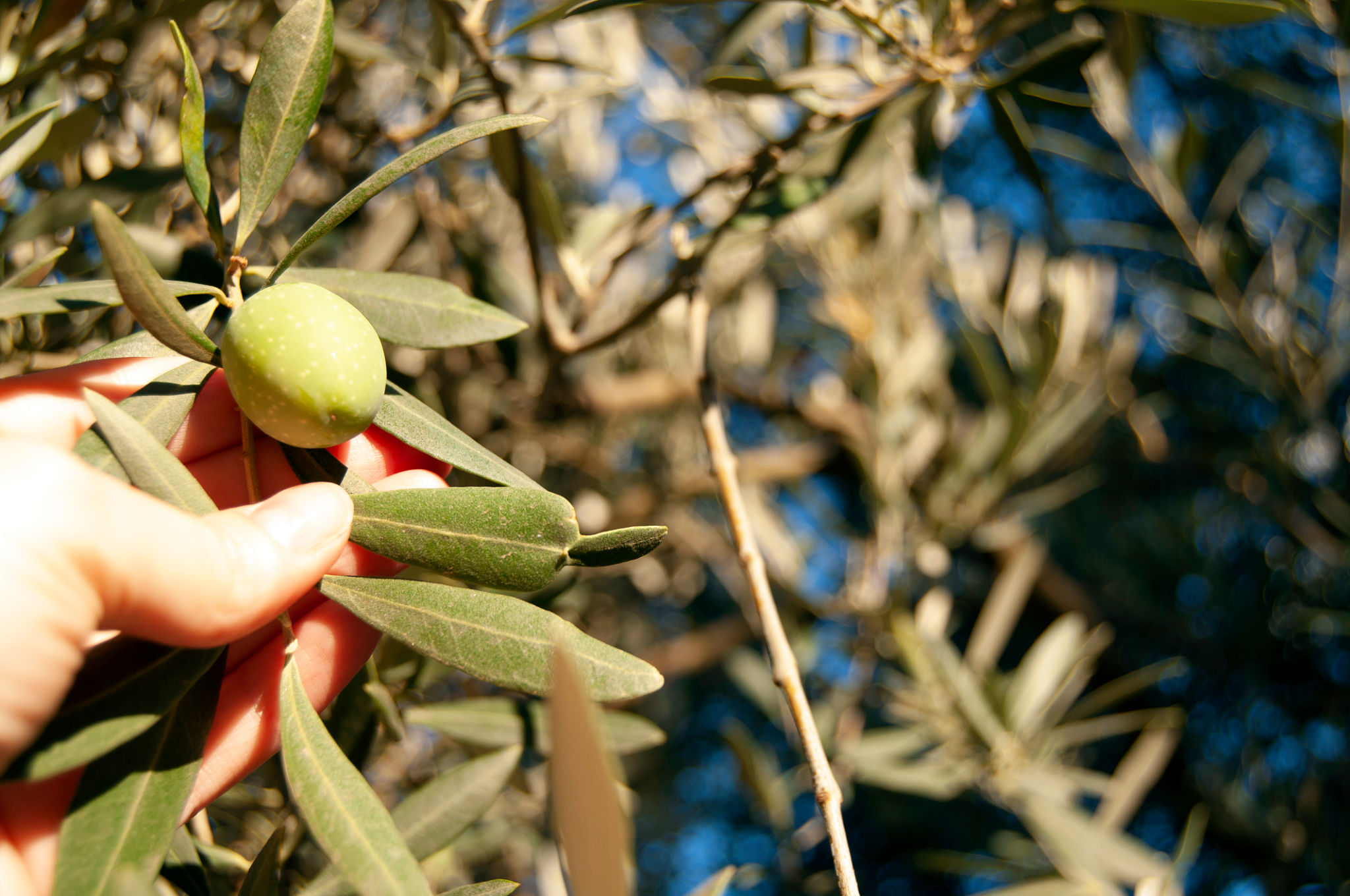Visitor's Guide to Olive Oil Tasting in Greece: What to Look For
NB
Introduction to Olive Oil Tasting in Greece
Greece, with its rich history and fertile lands, is one of the world's premier destinations for olive oil production. For those visiting this beautiful country, indulging in an olive oil tasting experience is a must. Whether you're a seasoned connoisseur or a curious traveler, understanding what to look for during a tasting can enhance your appreciation for this golden liquid.

The Basics of Olive Oil Tasting
Tasting olive oil is much like wine tasting; it involves engaging your senses to evaluate its characteristics. There are three primary aspects to consider: aroma, taste, and finish. A proper tasting involves swirling the oil in a glass to release its fragrance, sipping it to explore its flavors, and noting the aftertaste.
During a tasting, pay attention to the fruity notes that can range from green and grassy to ripe and sweet. The bitterness is a sign of freshness and quality, while the peppery finish indicates the presence of healthy antioxidants.
Understanding Olive Oil Varieties
Greece produces various types of olive oil, each with its own unique flavor profile. The most common varieties include Koroneiki, known for its robust flavor and high polyphenol content, and Kalamata, which offers a milder, fruitier taste. Exploring these varieties can provide a deeper understanding of the region's diverse offerings.

What to Look for in Quality Olive Oil
High-quality olive oil should be fresh and free from defects. When tasting, look for oils that have a balanced flavor profile with no overpowering bitterness or pungency. The aroma should be clean with hints of fruitiness, and the color can range from golden yellow to vibrant green.
An important aspect to consider is the harvest date. Olive oil is best consumed within 18 months of harvesting to ensure optimal flavor and health benefits. Always check the label for this information when purchasing or tasting olive oil.
How to Conduct a Tasting
If you're visiting an olive oil producer or attending a tasting event in Greece, you'll likely be guided through the process by an expert. However, you can also conduct your own tasting by following these steps:
- Pour a small amount of olive oil into a tasting glass.
- Cover the glass with one hand and swirl it gently to release the aromas.
- Inhale deeply to capture the scent profile.
- Sip a small amount, allowing it to coat your mouth.
- Note the initial flavors, bitterness, and peppery sensation.
- Breathe out through your nose to fully experience the aftertaste.

The Cultural Significance of Olive Oil in Greece
Olive oil is not just a staple in Greek cuisine; it's an integral part of Greek culture and history. Ancient Greeks revered it as a symbol of peace and prosperity. Today, it remains a cornerstone of the Mediterranean diet, renowned for its health benefits and culinary versatility.
Participating in an olive oil tasting allows travelers to connect with this rich heritage and gain insight into the traditional methods of production that have been passed down through generations.
Where to Go for Olive Oil Tasting in Greece
Some of the best regions for olive oil tasting include Crete, known for its extensive olive groves, and Peloponnese, home to many award-winning producers. Many estates offer guided tours that provide a comprehensive look at both the production process and tasting techniques.
Whether you're exploring the ancient ruins or relaxing on beautiful beaches, make sure to set aside time for an olive oil tasting experience. It's an opportunity to savor one of Greece's finest exports while immersing yourself in its cultural richness.
